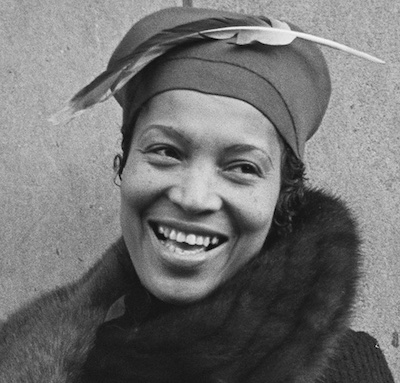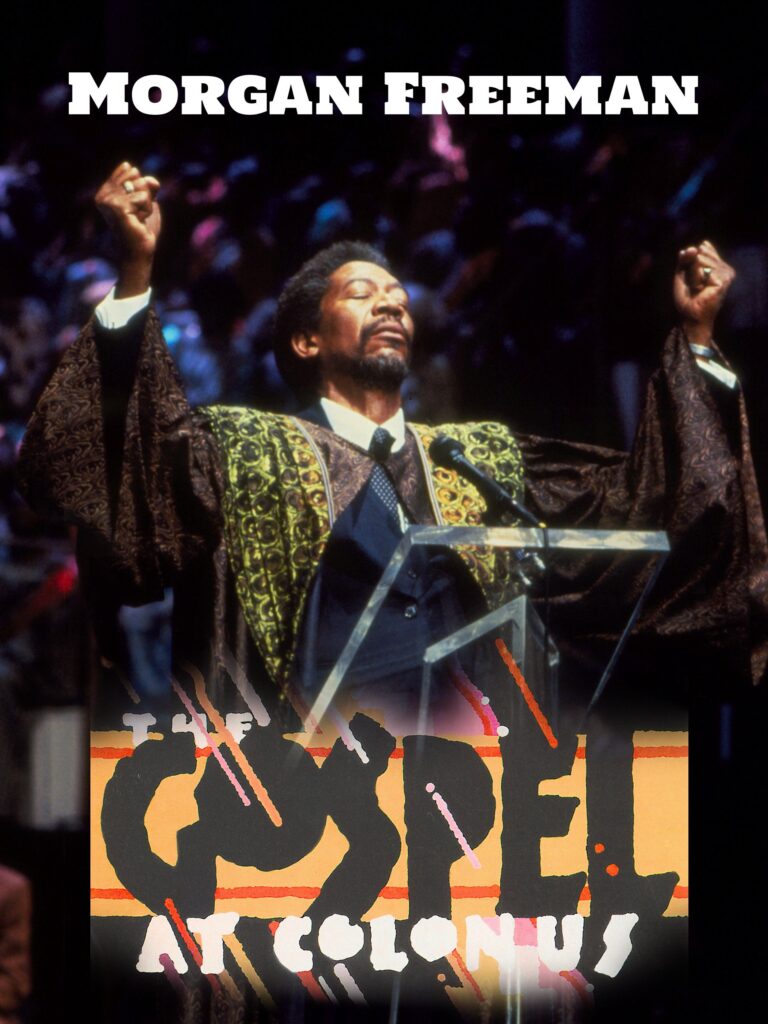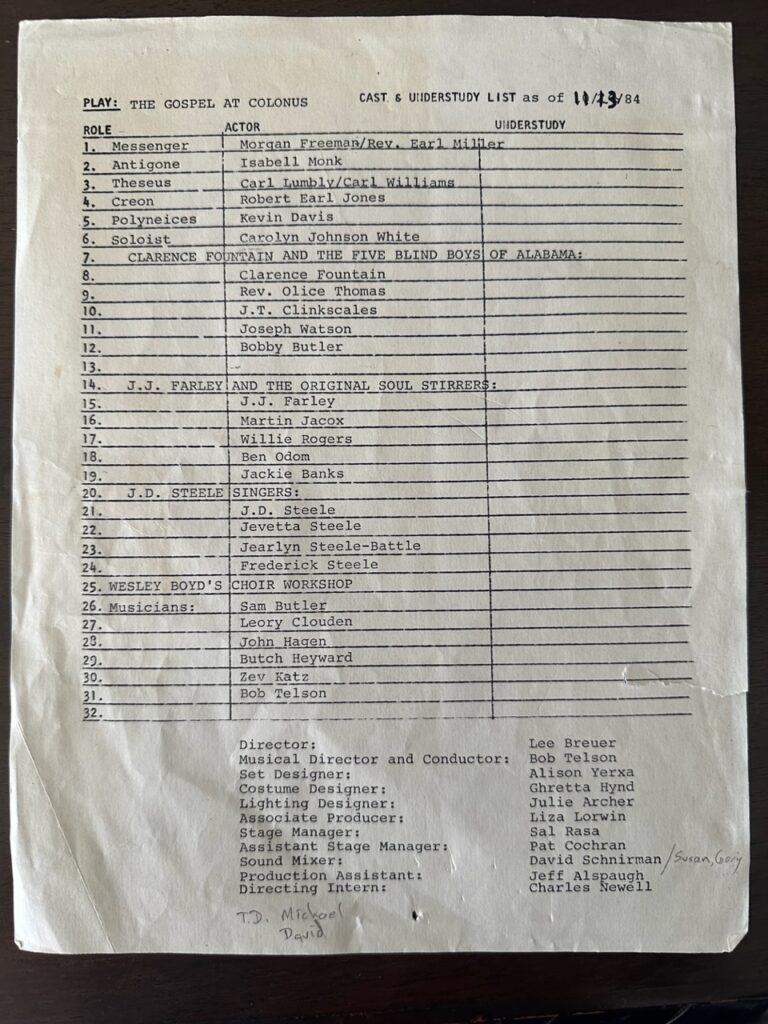The Gospel at…Theatre Camp?
Lee Breuer and Bob Telson‘s The Gospel at Colonus is grounded in cultural resonances. It is a piece that looks to the past and the future simultaneously, understanding that we cannot find redemption or catharsis if we don’t honestly acknowledge our histories – and the pain and glory encompassed therein. Some of these cultural resonances are clear and august (it is well-known that this production is based on Sophocles’s Oedipus at Colonus, for example) and others are less so.
Here, we explore three cultural figures that inspired, or were inspired by, The Gospel at Colonus. These three icons are tied to Gospel in interesting and unexpected ways, providing context, a few fun surprises, and a clear sense of this production’s lasting impact. Let’s meet them!
Zora Neale Hurston
“Zora Neale Hurston made the connection between Greek tragedy and the sanctified church many years ago. The Gospel at Colonus is a proof of her hypothesis,” said Lee Breuer.
Breuer is referencing Hurston’s work The Sanctified Church, in which she draws parallels between the Black religious experience and the traditional Greek chorus. Hurston writes:

“Go into the church and see the priest before the altar….with the audience behaving something like a Greek chorus in that they ‘pick him up’ on every telling point and emphasize it…Every opportunity to introduce a new rhythm is eagerly seized upon. The whole movement of the Sanctified Church is a rebirth of song-making! It has brought in a new era of spiritual-making.”
As Production Dramaturg Wenke (Coco) Huang notes, “We always have more history and stories to reflect on, especially those that appeal to our spirituality and connect our mortal lives to the divine.” In The Sanctified Church, Zora Neale Hurston was reflecting on the history of worship, and with The Gospel at Colonus, Lee Breuer was reflecting on Hurston’s own musings, situating his production in conversation with ancient Greece, notable scholars and creatives (such as Hurston), and Black spiritual practice.
Morgan Freeman
The original 1983 production of The Gospel at Colonus featured a star-studded cast, including Clarence Fountain and The Five Blind Boys of Alabama, Isabell Monk, Robert Earl Jones, and Morgan Freeman. Freeman played The Messenger, at times speaking for Theseus and Oedipus himself.
Freeman was also part of the Gospel cast when the production went on tour to Arena Stage in Washington, DC. At the time, in 1984, Marilyn F. Vitale Artistic Director Charles Newell was a directing intern, and was in the room with Lee Breuer, Bob Telson, and the talented performers above – including Morgan Freeman himself!
Here, you can see a photo of Freeman in the production and a photo of an original call sheet from the Arena Stage production of Gospel – Morgan Freeman is the first name on the call sheet, and Newell’s name is the last.


Anna Kendrick
One of the most well-known songs from The Gospel at Colonus is “How Shall I See You Through My Tears,” sung by Ismene, one of Oedipus’s sisters and daughters. This song is one of relief, wonderment, hope, and redemption, featuring lyrics such as: “Father, Sister, dearest voices/I have found you and I don’t know how” and “A world that cast you down forgives you/And those who blamed you sing your praises now.”
Interestingly enough, this song is also the opening number of the 2003 cult classic film Camp, a coming-of-age story set in Camp Ovation, a fictional summer theatre camp.
In this clip, camper Dee, played by Sasha Allen, performs this number as we see Michael, a fellow camper, face homophobic discrimination and violence from school administrators and fellow students. He is then embraced by Dee and the other campers, finding acceptance at Camp Ovation – a journey not unlike Oedipus finding acceptance at Colonus. If you look closely at 3:13, you will also see Anna Kendrick, one of the leads of the film, who went on to star in the Academy Award-nominated Up in the Air, the Pitch Perfect movie franchise, and the film adaptation of Into the Woods, among others.
See how these cultural resonances – and others! – inform our own production of The Gospel at Colonus. Running from May 12 – June 11, tickets can be purchased online or by calling the Box Office at (773) 753-4472.